Summer Celestial Calendar
Summer Stargazing
Summer nights in the Haliburton Highlands offer some of the best stargazing experiences of the year. With warm temperatures and extended twilight hours, this season is perfect for watching meteor showers, full moons, and planetary events. Whether you’re an experienced astronomer or simply looking to enjoy a peaceful night under the stars, the dark sky area of the Highlands provide an unforgettable celestial backdrop.
Did you know that the best time to observe stars and celestial objects is during a New Moon? At this time, the moon is situated between the Earth and the Sun, eliminating its bright light from the night sky and providing ideal stargazing conditions.
Important Celestial Dates
From meteor showers to planetary alignments, our summer celestial calendar brings a variety of celestial events worth catching. Mark your calendar for key astronomical occurrences, including the June Solstice, the Perseid Meteor Shower, and multiple New Moons.
 Jun 21: June Solstice
Jun 21: June Solstice
This solstice is the summer solstice in the Northern Hemisphere, where it is the longest day of the year.
In the Southern Hemisphere, it’s the winter solstice and the shortest day of the year.
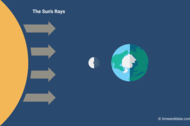 Jun 25: New Moon
Jun 25: New Moon
Make the most of a moonlight-free night to look for some stars and planets in the skies.
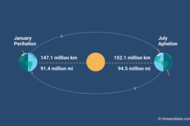 Jul 3: Earth at Aphelion
Jul 3: Earth at Aphelion
At around 19:54 UTC, the Earth will reach aphelion—the point in its orbit farthest from the Sun.
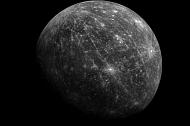 Jul 4: Mercury at Greatest Elongation East
Jul 4: Mercury at Greatest Elongation East
This might be a good time to try and spot Mercury: the planet appears at its farthest distance from the Sun in the evening sky.
Find Mercury with our Interactive Night Sky Map
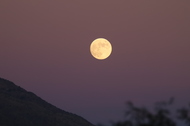 Jul 10: Buck Moon
Jul 10: Buck Moon
July’s Full Moon is known as the Buck Moon, signifying the new antlers that emerge on deer buck’s foreheads around this time. This year, it falls at 20:36 UTC on July 10.
Mskomini-Giizis – Recognition of the Moon
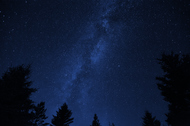 Jul 24: New Moon
Jul 24: New Moon
July’s New Moon comes at 19:11 UTC on July 24. The period around New Moon can be a good time to look at the night sky—without a bright Moon around to lighten the sky.
New Moon – the invisible phase
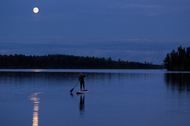 Aug 9: Sturgeon Moon
Aug 9: Sturgeon Moon
August’s Full Moon is traditionally called the Sturgeon Moon.
How to take pictures of the Full Moon Datkaagmini Giizis – Recognition of the Moon
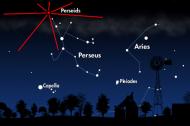 Aug 12/13: Perseid Meteors
Aug 12/13: Perseid Meteors
The Perseid meteor shower is usually one of the most active and brightest meteor showers of the year. This year, the Perseids coincide with a bright Waning Gibbous Moon, which will reduce the overall number of meteors that can be seen.
 Aug 19: Mercury at Greatest Elongation West
Aug 19: Mercury at Greatest Elongation West
This might be a good time to try and spot Mercury: the planet appears at its farthest distance from the Sun in the morning sky.
Find Mercury with our Interactive Night Sky Map
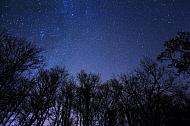 Aug 23: Black New Moon
Aug 23: Black New Moon
August’s New Moon is the third New Moon in a season with four New Moons—making this a Black Moon.
Read more about what makes a Black Moon
 Sep 7: Corn Moon
Sep 7: Corn Moon
The September Full Moon is traditionally called the Corn Moon because this is when corn and other crops are harvested in the Northern Hemisphere.
Traditional Full Moon names Mdaamin-Giizis – Recognition of the Moon
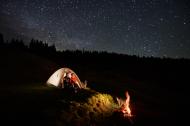 Sep 21: New Moon
Sep 21: New Moon
A New Moon in the sky means no moonlight to hinder your view of stars and planets. Use our Interactive Night Sky Map to find out what planets are visible tonight and where.
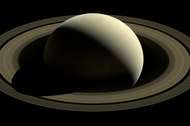 Sep 21: Saturn at Opposition
Sep 21: Saturn at Opposition
The ringed planet, Saturn, lies on the opposite side of Earth to the Sun, and is visible from sunset to sunrise.
Haliburton Forest Astronomy Program
Nestled within the Haliburton Highlands, the Haliburton Forest and Wild Life Reserve stands as a beacon for stargazing aficionados. Here, far from the city lights, the pristine darkness creates an expansive canvas for celestial wonders.
Book spots for their Astronomy Program that runs July and August, or stay overnight on your own and be amazed of the unobstructed view of the night sky.
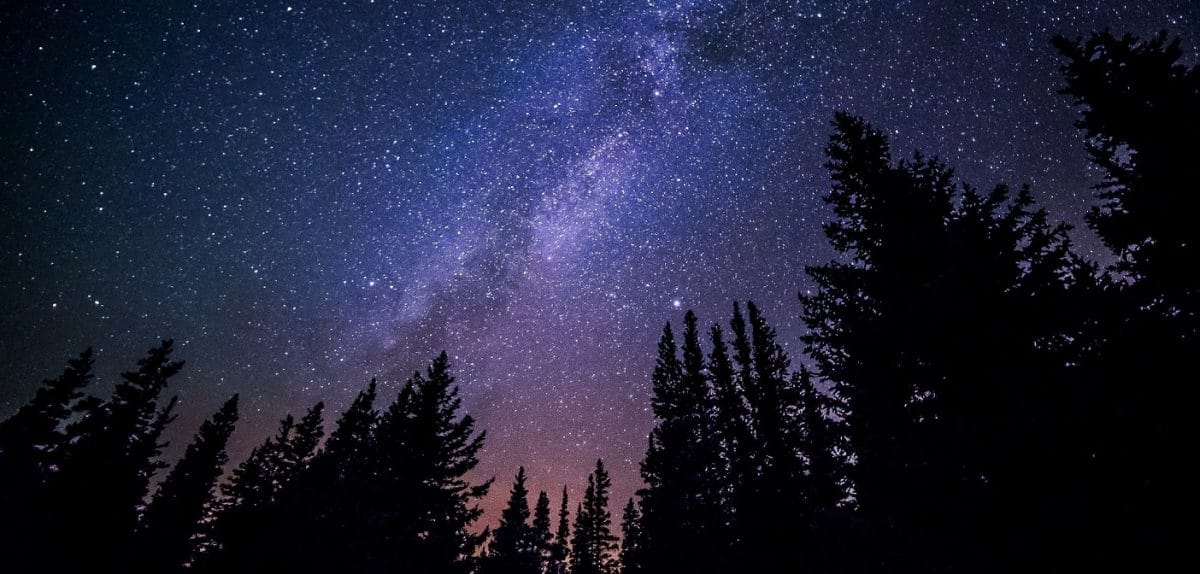
Summer Viewing Conditions
To make the most of your summer stargazing adventure, check the current viewing conditions before heading out. Knowing the forecast for cloud cover and atmospheric clarity will help ensure a spectacular night under the stars.
